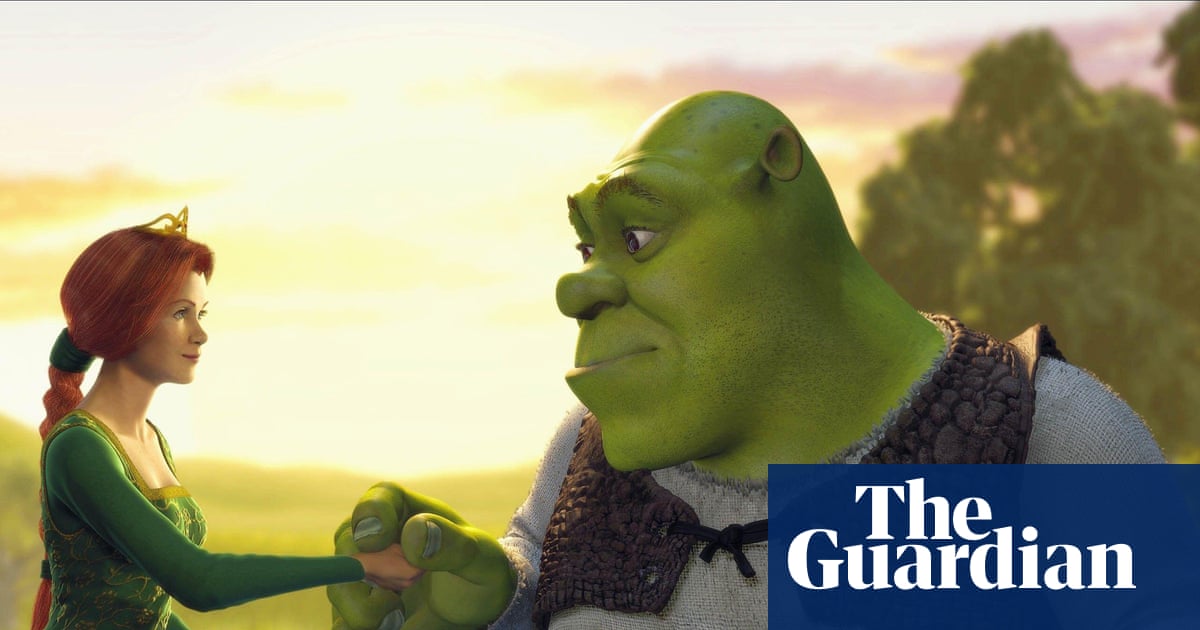
"Name: Shrekking. Age: Shrek the book came out in 1990. Shrek the film came out in 2001 (and went on to become a major franchise). Shrek the verb is more recent. I Shrek, you Shrek, he/she Shreks? Generally used in gerund form: Shrekking. Though also observed in passive voice with the past participle, for example: I have been Shrekked. Have you been Shrekked? No! Well, I don't know. Maybe At which point it's probably time to find out what Shrekking is."
"It means dating someone you consider to be below your standards, looks-wise. And what is the reason for Shrekking? The most common explanation is that if you've suffered a lot of heartbreak, perhaps by dating down you will be more in charge and less likely to get hurt. A theory that not only assumes that people fit on to a numerical scale of attractiveness, but also that a relationship is basically a power battle. Well, yeah. Duh!"
"Perhaps gen Zs are beginning to look beyond filtered visual perfection, to something more genuine. Maybe even redefining what attractiveness means. Yeah, right. I've got stats to prove it. Go on. Tinder's Future of Dating report got singles to prioritise attributes in a potential partner. Loyalty (79%), respect (78%) and open-mindedness (61%) all came in ahead of looks (56%). Got a quote? Tinder's resident relationships expert, Devyn Simone, said: When you focus on who someone really is,"
Shrekking denotes a Gen Z dating trend and verb based on the Shrek character, often used as a gerund (Shrekking) or past participle (Shrekked). The term commonly describes dating someone considered below one’s standards, often explained as a strategy to avoid heartbreak by retaining control. An alternative explanation suggests a move away from filtered visual perfection toward valuing authenticity and broader definitions of attractiveness. Tinder’s Future of Dating report shows loyalty, respect and open-mindedness ranked higher than looks. Some observers view the term as dehumanising, while others point to deeper connection when focusing on personhood.
Read at www.theguardian.com
Unable to calculate read time
Collection
[
|
...
]